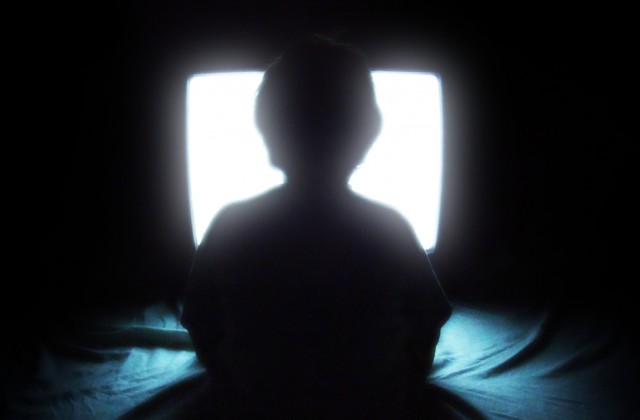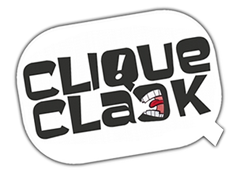What happens at a TV test screening?

I was randomly selected to participate in a pilot test screening over the weekend. Here’s a behind the scenes look at what happens.
Each November, one of my (seemingly) eighty jobs finds me in Orlando for a little more than a week. Sometimes, I stick around for a day or two and visit one of the parks. Lately, the allure of the Wizarding World of Harry Potter – and the nearing-completion expansion – has had the Universal Parks at the top of my list. This past Saturday I was walking around in shorts and a tee shirt a half day before I would fly back to the frozen tundra that is Virginia these days. That is how I found myself being approached by a representative from NBC/Universal about test screening a new TV pilot.
Since I do have a little background into how the TV pilot process works, it was quickly apparent what the guy had in mind. There were some pre-screening questions – I was a bit worried that CliqueClack would come up and I would be disqualified – and I was then directed to the test screening room. There were two offerings at the time, a sitcom and an hour-long drama. There was obviously some selection process to decide which I would be screening, but I wasn’t privy to how it worked. It was pretty early in the process, though – there was a difference in pay between the time commitments – and if I’d known they had slotted me for the sitcom I might have passed.
Yes, I was paid for my time. It was $20 for the sitcom and $30 for the hour long. There have been a great deal many posts over the years about the challenges of writing about television for a living, and I won’t rehash what people smarter than I – and much more connected to those obstacles – have already said, but $20 for less an hours worth of work easily the best hourly rate I’ve ever had doing television related work.
So, once we had all of the paperwork sorted out, I was brought to an individual terminal and given a headset and pair of red and green buttons. There was a long series of questions qualifying my TV watching habits – the TV was touch screen with a pretty nice user interface – and then a tutorial video explaining how the red and green buttons worked (press the green button when you like something, red when you don’t). I wasn’t given any information about the show before I screened it, including the name or the network – both things I was asked about later – but immediately recognized the leads (Greg Grunberg and Diane Farr) though I remembered very little about their next project.
I won’t get into the details of what I thought about the pilot. It was a rough cut and hasn’t been released to CliqueClack – or anyone else – for review, so it wouldn’t be appropriate for me to discuss it here. Other people who participated in the screening process might, but not me and not here. Suffice it to say though, I’d have much rather watched the other show, Horizon, than what I screened (which was named Divide and Conquer). I’m not a really big sitcom guy, and the genre that Horizon falls into is right up my alley.
In total, it was a pretty interesting experience. Using the buttons could be a little awkward; how long do I hold the green button when I found something “kinda-funny” vs. “really-funny” or the opposite with the red button. How long was too long and how short was too short. I’d guess that if I were to do a whole bunch of these, their algorithms could probably define some baselines for me – or any individual viewer – but that would come at the cost of potentially burning out on watching new pilot after new pilot (I go out of my way during the summer to avoid watching more than three in a row).
After the pilot was over, I was asked a bunch of questions; a great deal many more than I expected. The way the questions were asked made certain things clear, like which characters and plot lines the network was concerned with. I was asked about the name of the show, and how well I thought it fit the show. Surprisingly I was also asked what network I thought the show belonged on (before they told us which network the show as in development at).
I’d be curious to learn just how much network executives rely on this type of data. I have written before on how amazing statistically unsuccessful they are at picking new shows. It is something I don’t really get … I think it is generally pretty easy to tell a stinker at the pilot stage (the last three years of advance pilot screeners is my proof), though admittedly it is much harder to spot a hit. I hope they are smarter than this dope at an amusement park.
 CliqueClack
CliqueClack